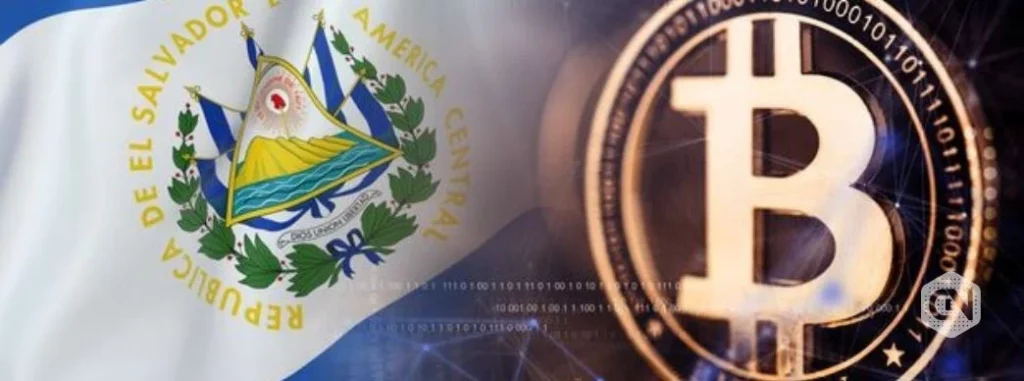
El Salvador may be forced to reevaluate its stance on using Bitcoin as a legal tender after reaching a $1.4 billion loan agreement with the International Monetary Fund (IMF). The deal, which has been in the making for four years, aims to aid El Salvador’s finances but comes with conditions that may hinder the country’s aggressive Bitcoin adoption strategy.
As part of the agreement, the IMF is requiring El Salvador to limit its involvement in Bitcoin-related economic activities and transactions. This includes a complete halt on any government purchases or sales of Bitcoin, effectively curbing the country’s ambitious plans for the cryptocurrency.
The news has sent shockwaves throughout the crypto community, with many wondering if El Salvador is ready to scale back its Bitcoin strategy in exchange for funds that could double its BTC holdings. According to reports, El Salvador currently holds 5.969K BTC, worth over $603 million.
El Salvador’s Bitcoin policy has been a source of contention between the country and international financial institutions, including the IMF. The World Bank previously rejected El Salvador’s request for assistance with implementing its Bitcoin Law, citing environmental concerns. In contrast, the IMF has consistently pushed El Salvador to reconsider its stance on Bitcoin.
The development comes at an interesting time, as the U.S. itself is considering a Bitcoin Strategy Reserve. It remains unclear how this will impact El Salvador’s plans, but it may create new opportunities for the country to explore alternative options.
El Salvador’s decision to make Bitcoin legal tender has been met with criticism from some quarters, and the IMF’s requirement that taxes be paid in U.S. dollars instead of Bitcoin has raised eyebrows among cryptocurrency enthusiasts.
Source: www.cryptonewsz.com


